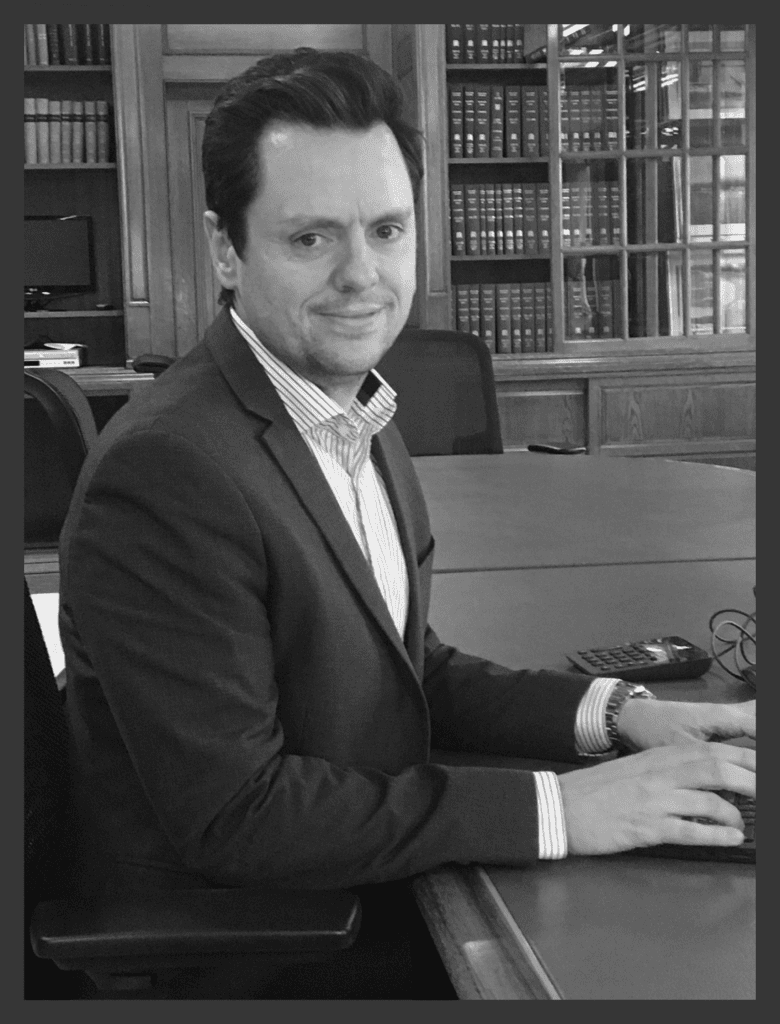Moving people, Not Machines. Talking Cultural Change in Property Moves.

At Reed Professional Services we know that it’s our team’s expertise that ensures we can deliver complex projects for our clients, often to a tight deadline. We spoke to Programme Manager Neil Marshall about the experience that led him to work as part of our team supporting DEFRA.
You’ve been working as part of RPS’ teams at DEFRA for some time now. Can you give us an overview of the project and how your experience led to you being involved?
Reed Professional Services have been working with DEFRA for over a year to manage a range of relocation and restack projects which which ties in directly with some of the previous projects I’ve been involved in. Prior to joining the RPS team I worked on a project at King’s College London, where I was responsible for setting up their new campus on The Strand. My role was to take it from construction and move it into operations, because there’s always a gap between the two. I reconfigured quite a lot of the design of the building, so I understood how the logistics of the space worked. The roll saw me do a lot of “day-in-the-life of” analysis from the point of view of a student, teacher, maintenance staff and a food/beverage produce. This helped me understand what was needed and help influence the architecture plans.
Prior to that, I was at the Francis Crick Institute. It’s a biomedical research facility at the back of the British Library. It’s the largest of its kind in Europe and I joined during the construction phase. My job there was to plan, procure and mobilise the facilities services for the whole building. So I was responsible for developing the specification of works, leading the team through the tender process for around hard services, catering, reception facilities, and logistics. Essentially, getting them into a position the facilities could support the science operations of the building. I left after achieving this and was incredibly proud of what I achieved there.
Before that, I was Head of Transition at Balfour Beatty, responsible for mobilising all of their new business. I did a lot of work on Olympic Park, including the Olympic swimming pool as well as NHS, council and educational clients. I was the face of the bid process for service mobilisation, selling mobilisation to customers as a value add. Transitioning service from one organisation to another can make or break a contract.
There’s a lot more to moves and refurb projects like the one at DEFRA than just managing movements of inanimate objects. What else needs to be considered?
It’s all about how buildings work, about how people feel about their workspace and operate in it. It’s about marrying the physical environment and the psychology of the worker. I’ve recently completed a Masters in Organisational Psychology, which delved deep into this as a topic.

There were a couple of large challenges. DEFRA is a big organisation with people spread across multiple departments and floors as well as people out in the field. Before deciding where to locate people, we needed to know who was in London and where we were, the first 5 months of the project focused on building a complete London data base of staff names, locations and departments, working with Director Generals to approve these numbers. That’s before we even began the stacking plan. Building that was no small task.
We had the added complexity of moving 400 people over to 2MS which was originally out of scope but we had to do this because of how underutilised the building was. The project is continually evolving, scope creep is weekly.
How have DEFRA felt about the work RPS have done there?
Our feedback’s been very, very positive. They’ve seen the way in which we move people first-hand, and recognise that we deliver it as a service. It’s not just about putting people into a space, it’s also about getting that new space up and running and the cultural impacts of relocations. What typically happens with people movements like this is that someone will hire a removals company to move a load of boxes. They move boxes and furniture, but not people; the workplace isn’t mobilised and people are not engaged. When you start thinking about moving people, rather than moving things, you become more attuned to the way in which people feel about it, resulting in smoother transfer of operations.
Did a focus on moving people over things mark a change in the way DEFRA approaches moves like these?
Yes, I think so. We’ve built a team that enables us to support people through these moves. Communication is vital. We have a 60-day moves plan, which has key levels of interaction at each stage of a move. It comes five different stages throughout those 60 days, just to make sure that we’re communicating the right message to people at the right time so that everything’s clear and consistent. You need that support service in the middle, managing both the client and the end-service perception of that move. We handle everything around the design of the floor space, so we’re talking to people about how they want their floor space to look and function. That end-to-end process is something unique to Reed Professional Services which is great.
Providing specialist expertise in managing transformative projects for our clients is at the heart of what we do here at RPS. Drop us a line to find out more about how we can support your projects needs.
Problem Solved.
Contact us
to explore how our tailored solutions can drive your transformation journey.
Get in touch


